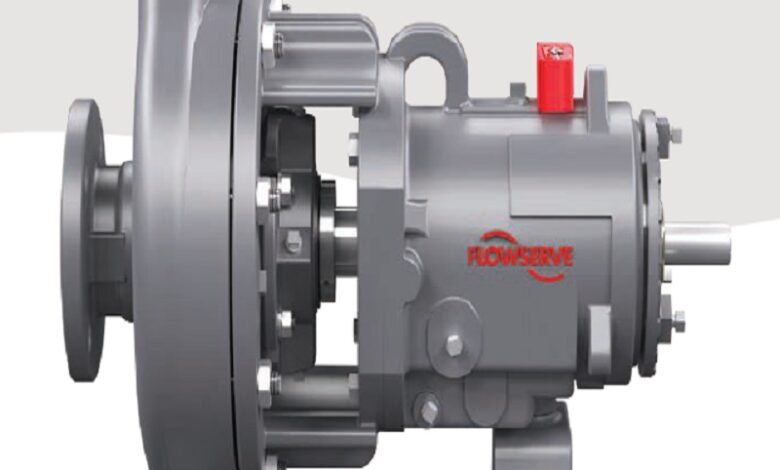How Circulation Pumps Improve Water Flow and Efficiency

In the realm of water systems, whether it’s for a residential pool, a commercial aquarium, or an industrial cooling system, the efficiency of water flow is paramount.
Circulation pumps play a crucial role in achieving optimal water flow and efficiency in such systems. These pumps are designed to keep the water moving, which not only improves the overall circulation but also enhances the quality of the water.
In this article, we will explore the significance of circulation pumps, how they work, and the benefits they offer in various applications.
Understanding Circulation Pumps
Circulation pump are electrically powered mechanical devices that are specifically engineered to circulate water in a closed system continuously. They work by drawing water in from one end and then pushing it out from the other, creating a consistent flow of water.
This constant movement helps in maintaining water quality by preventing stagnation, which can lead to issues such as algae growth, bacterial buildup, and uneven distribution of chemicals. Circulation pumps are essential for various applications, including swimming pools, hot tubs, ponds, and aquariums.
By ensuring water circulation, these pumps help in distributing heat and chemicals evenly throughout the water body, improving filtration efficiency, and preventing the formation of dead spots where debris can accumulate. Overall, circulation pumps play a crucial role in promoting water movement and maintaining optimal conditions for aquatic environments.
The Benefits of Circulation Pumps
One of the primary benefits of circulation pumps is that they improve water flow efficiency significantly. By keeping the water in constant motion, circulation pumps help in distributing heat, chemicals, and oxygen more effectively throughout the system.
This is particularly essential in applications where maintaining a consistent temperature or chemical balance is critical, such as in fish tanks or industrial processes. Circulation pumps also help in preventing stagnation and the build-up of debris in the water, which can create a breeding ground for bacteria and algae.
Additionally, the continuous movement provided by circulation pumps can help in reducing energy consumption by ensuring that the water is evenly heated or treated, thus minimizing the need for excess heating or chemical usage.
Overall, circulation pumps play a crucial role in promoting a healthy and well-maintained aquatic environment while also contributing to cost savings and energy efficiency.
Applications of Circulation Pumps
The versatility of circulation pumps makes them indispensable in a wide range of applications. In residential swimming pools, these pumps help in distributing pool chemicals evenly, preventing the formation of dead spots where algae and bacteria can thrive.
In aquaculture systems, circulation pumps play a vital role in maintaining oxygen levels and water quality for the aquatic organisms. In hydroponic gardening, circulation pumps ensure proper nutrient distribution to plant roots, promoting healthy growth and maximizing yields.
In industrial settings, circulation pumps are used for heating and cooling processes, as well as in wastewater treatment systems to enhance water circulation and filtration. Overall, circulation pumps are essential for maintaining optimal conditions in various environments, making them a crucial component in many different applications.
Factors to Consider When Choosing a Circulation Pump
When selecting a circulation pump for a specific application, several factors need to be taken into account.
These include the flow rate required for the system, the head pressure needed to overcome resistance in the pipes, the size and type of the piping system, and the power consumption of the pump.
Other factors to consider when selecting a circulation pump include the material of construction, the temperature and viscosity of the fluid being pumped, the environment in which the pump will be operating, and the maintenance requirements of the pump.
It is important to carefully evaluate all these factors to ensure the circulation pump chosen is suitable for the specific application and will operate efficiently and effectively.
Conclusion
Circulation pumps are essential components in water systems that contribute to improved water flow, efficiency, and overall system performance. By maintaining constant water circulation, these pumps help in enhancing water quality, reducing energy consumption, and ensuring the proper distribution of heat and chemicals. Whether in residential, commercial, or industrial settings, the role of circulation pumps in water management cannot be overstated.




